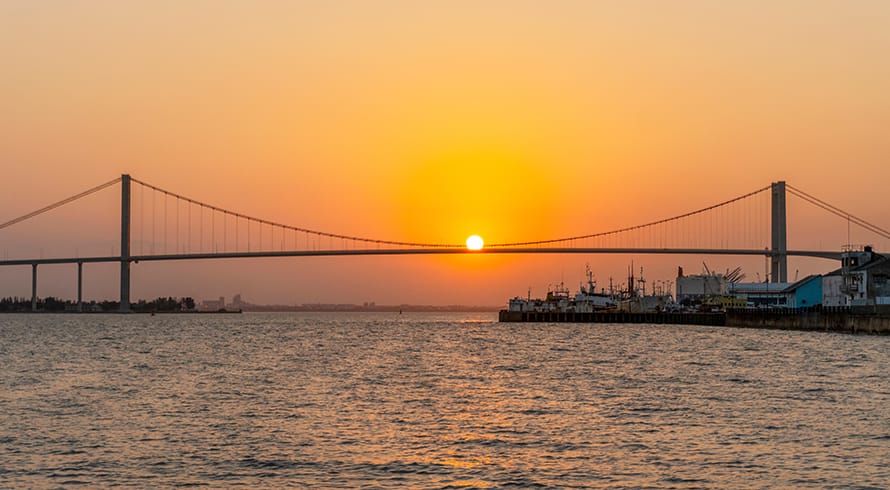The Power of Negotiation and Mediation
The very nature of human beings is such that we can never be the same and we can never see life through the same lens. As a consequence, we will always see things differently and sometimes this leads to disputes. What defines a group of people is how they handle and resolve their disputes. In the political sphere, war is certainly one way of resolving differences between states. The problem, is its aftermath…loss of lives; bloodshed; trauma; helplessness; retaliation; division; hatred and the list goes on. I feel the consequences of war are not worth the decision to pursue it. We should rather be compelled to explore other methods of resolving conflict – progressive, humane and preservative methods that enable us to live together as harmoniously as possible.
Negotiation and mediation as an established and internationally recognised method of resolving disputes has been around for centuries. This begs the question why it has not been used more widely in political, commercial and other types of disputes.
Negotiation requires disputing parties to come together and to look each other in the eye – an uncomfortable and often unpleasant situation. We underestimate the power of emotion in disputes and its role in fuellng them. More effective than forcing parties to focus only on their differences and their own point of view, is to focus on even one area of common understanding which could be the foundation or catalyst to settlement. The typical reaction from parties to a dispute is to walk away from and talk about each other in their respective corners as opposed to turning towards and talking to each other.
A skillful mediator can be the vessel through which parties are able to face each other comfortably. The mediator is an independent third party without any power to decide who is right or wrong. This person’s role is to work with the parties within a process that is broadly aimed at understanding the dispute; identifying the concerns, underlying fears and needs of each party; communicating the same to each party upon receiving mandate to do so; and ultimately assisting the parties to themselves negotiate a settlement.
In order for the process to work, it requires commitment from each party and it requires a bona fide willingness to reach settlement. In commercial disputes, the equivalent of war is a legal battle in the court room. The legal battle inevitably translates into legal costs; loss of production and time; not to mention the physical and emotional taxation on body and mind. Those who have been privy to litigation will know how bruising it is. The equivalent of the aftermath I speak of above is "the winner" and "the looser" scenario and often the permanently damaged business relationship between the parties.
More and more, mediation and negotiation is becoming the preferred method of resolving disputes with the assistance of a skilled and effective mediator. In today's tough economic climate, it is not beneficial for companies to be tied up in litigation for years and to potentially permanently extinguish business relationships due to commercial disputes. In this environment, the loss of one client due to a dispute that could have been resolved amicably is one too many and can be detrimental to a business. Companies are better served by preserving business relationships and continuing to do business with each other so as to stay afloat, profitable and commercially viable. Mediation makes this possible.
I wear the hat of a mediator and a litigator so this is not to suggest that litigation is not a fundamental feature of our justice system – it clearly is. We need our courts to pronounce on certain matters of law and for precedent to be set because that is how we develop our law and stay current and relevant in the global village, not to mention that our democracy requires it. Having said that, a dynamic and progressive style of management in the current global political and economic environment requires the implementation of a sturdy framework for the effective, speedy and cost effective resolution of disputes; internally and externally. The courts are assisting in this regard through the implementation of the court based mediation which I have no doubt will be rolled out to all courts in South Africa in years to come. While that process unfolds and even after, parties are always at liberty to refer matters to private mediation in which they select their mediator and attempt resolution of disputes through the mediation process before becoming engaged in formal litigation.
No success stories have ever been written of war. After war what remains is a grim picture devoid of light. In contrast, many success stories are written of successful negotiation and mediation resulting in peace and giving birth to developing states which then go from strength to strength. Corporate giants and companies should, in my view, take heed of this and develop a similar management style and approach for their success and future prosperity. The ever challenging and evolving social, political and economic environment we are living in demands it.
The information and material published on this website is provided for general purposes only and does not constitute legal advice. We make every effort to ensure that the content is updated regularly and to offer the most current and accurate information. Please consult one of our lawyers on any specific legal problem or matter. We accept no responsibility for any loss or damage, whether direct or consequential, which may arise from reliance on the information contained in these pages. Please refer to our full terms and conditions. Copyright © 2026 Cliffe Dekker Hofmeyr. All rights reserved. For permission to reproduce an article or publication, please contact us cliffedekkerhofmeyr@cdhlegal.com.
Subscribe
We support our clients’ strategic and operational needs by offering innovative, integrated and high quality thought leadership. To stay up to date on the latest legal developments that may potentially impact your business, subscribe to our alerts, seminar and webinar invitations.
Subscribe




